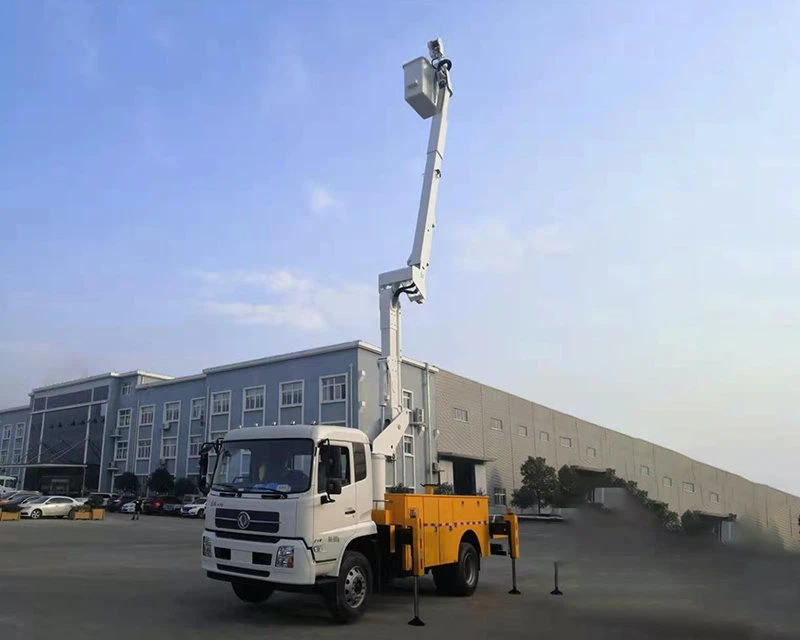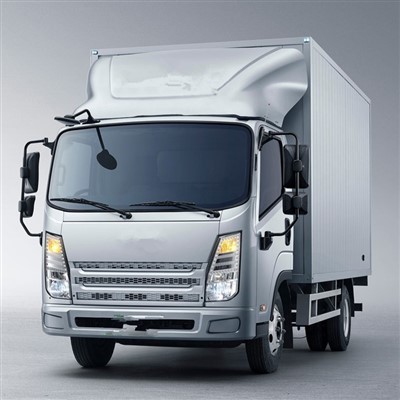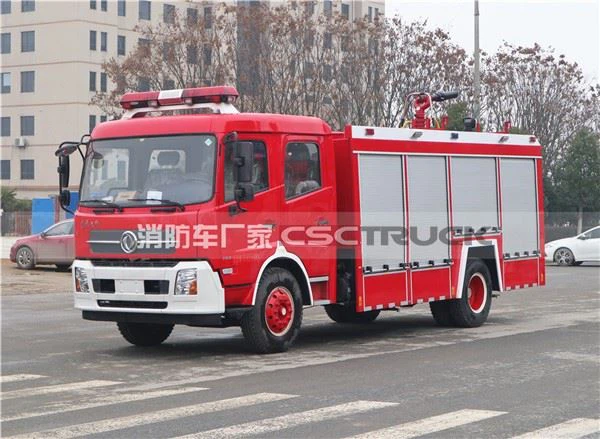Mastering Truck Loaders: A Comprehensive Guide

Introduction
Truck loaders are an essential piece of equipment used in various industries, particularly in logistics, construction, and agriculture. Their primary purpose is to load and unload materials from trucks efficiently, saving time and reducing labor costs. In this article, we will explore the different types of truck loaders, their benefits, operational tips, and everything you need to know to maximize their effectiveness in your operations.
What are Truck Loaders?
Truck loaders are heavy machinery designed to handle the loading and unloading of goods from trucks. They can be hydraulic, pneumatic, or manual systems, depending on the application. Each type plays a crucial role in enhancing productivity and safety in material handling processes.
Types of Truck Loaders
1. Hydraulic Truck Loaders
Hydraulic truck loaders utilize hydraulic systems to lift heavy loads. They are known for their power and efficiency, making them suitable for various industrial applications.
2. Pneumatic Truck Loaders
Pneumatic loaders use air pressure to move materials. They are ideal for handling bulk materials like grains and powders and are often used in agricultural operations.
3. Manual Truck Loaders

Manual loaders rely on human labor to operate. While they are more labor-intensive, they can be cost-effective for smaller operations.
4. Auger Truck Loaders
Auger loaders are specifically designed for loading granular materials. They utilize a screw-like mechanism to move materials efficiently into trucks.
Benefits of Using Truck Loaders
Understanding the advantages of truck loaders can help businesses make informed decisions when investing in equipment. Here are some key benefits:
1. Increased Efficiency
Truck loaders significantly reduce loading and unloading times, allowing for faster turnaround and improved operational efficiency.
2. Cost-Effectiveness
By minimizing labor costs associated with manual loading, truck loaders can improve overall cost-effectiveness in operations.
3. Enhanced Safety
Safety is paramount in any operation. Truck loaders reduce the risk of injuries related to lifting heavy materials manually.
4. Versatility
Truck loaders can handle a wide variety of materials ranging from bulk goods to heavy machinery, making them extremely versatile in their applications.
Choosing the Right Truck Loader
Selecting the right truck loader involves considering several factors. Here are some steps to guide your decision:
1. Assess Your Loading Needs
Evaluate the types and sizes of materials you will be loading and unloading regularly. This will help you determine the best loader type for your business.
2. Consider the Working Environment
Your working environment can also influence your choice. For instance, an outdoor construction site may require a more robust and weather-resistant loader than a controlled warehouse setting.
3. Evaluate Load Capacity
It is crucial to choose a truck loader that can handle the maximum weight and size of your loads without risking damage or injury.
4. Budget
Finally, consider your budget. There are different price points for truck loaders based on the model, features, and capabilities. Make sure to choose one that offers the best value for your investment.
Operational Tips for Truck Loaders
Proper operation and maintenance of truck loaders can enhance their lifespan and performance. Here are some practical tips:
1. Regular Maintenance
- Conduct routine inspections to identify and rectify any potential issues.
- Lubricate moving parts regularly to ensure efficient operation.
2. Operator Training
Ensure all operators are properly trained to use truck loaders. Knowledge of safe operations and handling techniques can significantly reduce accidents.
3. Load Distribution
Distribute loads evenly to maintain the stability of the truck loader during operation. This prevents equipment tipping and accidents.
4. Safety Guidelines
- Always wear appropriate personal protective equipment (PPE).
- Follow all safety regulations and guidelines to prevent workplace accidents.

Case Studies: Successful Use of Truck Loaders
Case Study 1: Construction Industry
A mid-sized construction firm implemented hydraulic truck loaders for their operations. This investment reduced their loading times by 35%, improved worker safety, and cut down labor costs by 20%.
Case Study 2: Agriculture Sector
An agricultural business utilized pneumatic truck loaders to streamline the grain-loading process. By switching to this system, they increased loading speeds by 50%, allowing for more timely deliveries to the market.
Cost Considerations for Truck Loaders
When considering the cost of a truck loader, several factors come into play:
1. Purchase vs. Lease
Decide whether to buy or lease the equipment based on your business’s financial health and operational needs.
2. Maintenance Costs
Consider ongoing maintenance and repair costs in your budget to avoid unexpected expenses.
3. Operational Costs
Operating costs, including fuel and labor, should also be factored into your overall expense assessment.
Future Trends in Truck Loaders
The truck loader industry is continually evolving. Here are some future trends to watch:
1. Automation
With advancements in technology, automated truck loaders are becoming increasingly common, improving efficiency and safety.
2. Sustainability
Eco-friendly truck loaders designed to minimize environmental impact are gaining popularity.
3. IoT Integration
Integrating Internet of Things (IoT) technology in truck loaders allows for real-time data monitoring and improved operational decision-making.

Frequently Asked Questions (FAQ)
1. What is the average lifespan of a truck loader?
The average lifespan of a truck loader is typically around 10 to 15 years, depending on usage and maintenance practices.
2. How often should truck loaders be serviced?
It is recommended to service truck loaders every 250 hours of operation or at least annually, whichever comes first.
3. Can truck loaders be used for different materials?
Yes, truck loaders are versatile and can be utilized for various materials, including sand, gravel, grains, and bulk goods.
4. What safety precautions should be taken when operating truck loaders?
Operators should wear appropriate PPE, ensure load stability, and follow all the equipment’s operational guidelines.
5. Are there any specific training requirements for truck loader operators?
Yes, operators should undergo training that covers safe operation practices, maintenance procedures, and emergency protocols.
6. How do I determine the right size truck loader for my needs?
Assess the load size, weight requirements, and the specific applications you will be using the loader for to determine the appropriate size.
